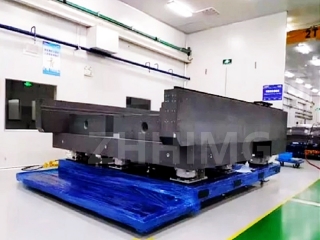Precision Ceramic Components: Types, Advantages, and Areas of Use
Precision ceramic components have become increasingly vital in various industries due to their unique properties and versatility. These components are engineered to meet stringent specifications, making them ideal for applications that require high performance and reliability.
Types of Precision Ceramic Components
1. Alumina Ceramics: Known for their excellent hardness and wear resistance, alumina ceramics are widely used in cutting tools, insulators, and wear-resistant parts.
2. Zirconia Ceramics: With superior toughness and thermal stability, zirconia ceramics are often utilized in dental applications, fuel cells, and high-temperature environments.
3. Silicon Nitride: This type of ceramic is recognized for its exceptional strength and thermal shock resistance, making it suitable for aerospace and automotive applications.
4. Titanium Diboride: Known for its high electrical conductivity and hardness, titanium diboride is often used in applications requiring wear resistance and thermal stability.
Advantages of Precision Ceramic Components
- High Hardness: Ceramics are among the hardest materials available, making them ideal for applications that involve abrasion and wear.
- Chemical Resistance: Precision ceramics are resistant to a wide range of chemicals, making them suitable for harsh environments.
- Thermal Stability: Many ceramic materials can withstand extreme temperatures, which is crucial in industries like aerospace and electronics.
- Low Density: Ceramics are lightweight, which can contribute to overall energy efficiency in applications such as automotive and aerospace.
Areas of Use
Precision ceramic components find applications across various sectors, including:
- Aerospace: Used in turbine engines and thermal barriers.
- Medical: Employed in dental implants and surgical instruments.
- Electronics: Utilized in insulators, capacitors, and substrates.
- Automotive: Found in engine components and sensors.
In conclusion, the diverse types, significant advantages, and wide-ranging applications of precision ceramic components make them indispensable in modern technology and industry. Their unique properties not only enhance performance but also contribute to the longevity and reliability of various products.
Post time: Oct-30-2024

